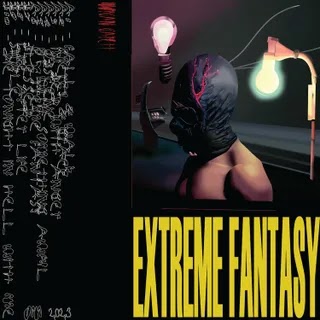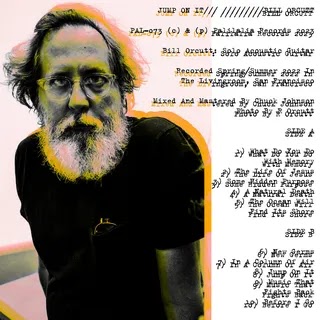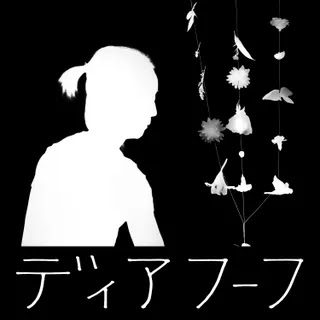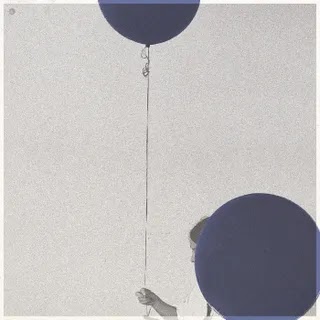The Guatemalan musician’s second album explores the friction between interiority and exteriority; blooming with ecstatic synth riffs and spirited cello, the record captures the sound of a mind abuzz.
Mabe Fratti’s debut album, 2019’s Pies Sobre la Tierra, focused on the distance between the physical world and the world inside one’s head. Her second, Será que ahora podremos entendernos, does too, delving even further into the friction between interiority and exteriority. With Fratti’s quaking cello as their ground, the record’s nine tracks flicker in the discontinuity between a thought and its outward expression, oscillating between feelings of hope and apprehension. But just because it’s pensive doesn’t mean it’s restrained; the record blooms with ecstatic synth riffs and unselfconscious bowing, capturing the sound of a mind buzzing at the threshold of some great vision.
In an interview around the release of her first album, the Guatemalan-born, Mexico City-based cellist cited the ambulatory, multilayered narrative of W.G. Sebald’s The Rings of Saturn as a source of inspiration. Like the narrator of Sebald’s novel, Fratti wanders through Será que ahora podremos entendernos, building each song from improvisations between fixed start and end points—a practice she calls “diagramación.” A form of surrender, it’s audible in the shifting layers of guitar, cello, and synths that collapse in on themselves, like the walls of a burned-out house, on the psychedelic instrumental “Inicio Vínculo Final,” or in the second half of “Aire,” as a wave of frantic sawing envelops Fratti’s war-cry falsetto. On “Cuerpo de Agua,” she articulates the fear that underlies the album: “Como sabes si lo que sientes es lo que dices” (“How do you know if what you feel is what you say”). Her experimentation proposes that maybe it’s OK not to know.
Again and again Fratti wonders, almost as a thought experiment, what it would be like to be understood absolutely. She is an economical writer and as a singer tends to repeat words and draw out syllables until her lyrics transform into abstract tones. Every song, barring the record’s three instrumental tracks, depicts just a single introspective moment or passing encounter with an imagined other. She rarely references the world outside of those moments of communion; when she does, it’s only to tether them to an elemental image like the sea, the moon, or the air. The effect is that of someone who is trying to pin down the act of communication like a specimen under glass—to turn it into an object she can turn over with her hands, inspect, and manipulate.
At times, Fratti seems to imply that by choosing her words carefully and alchemizing the right combination of voice, strings, synths, and birdsong, she can erase all barriers in communication. At the center of “Mil Formas de Decirlo,” the album’s second song, is the repeated word “balbuceo”—“babbling.” As Fratti sings about her fear of speaking without being comprehended, the word’s four syllables mold to a four-note cello phrase that loops, unimpeded and funereal, for the length of the track, laying bare its natural melody. It’s a moment of precise alignment between lyric and instrumentation that captures the incantatory power of Fratti’s music; you can feel her trying to conjure the truest form of herself through sound.
“Hacia el Vacío” features Texan percussionist and composer Claire Rousay, whose artistic practice revolves around field recordings of everyday clatter and the flashes of the sublime accessible within them. Her recordings of trickling water and indistinct chatter anchor Fratti back to the tangible world, one that her lyrics barely interact with, and allow her a moment of clarity: Understanding can’t be achieved by yourself. Birds sing in the background while Fratti asks, “¿Puedes tomar mi mano al vacío?” (“Can you take my hand as we go into the void?”). Her voice is like a piece of gauze draped over the song, supported by a strummed phrase on her cello but threatening to slide off and disappear at any moment. She keeps it aloft long enough to properly steel herself against her fear of the unknown, accepting that the gap between feeling and speaking only narrows when you put trust in someone else.
















0 comments:
Post a Comment